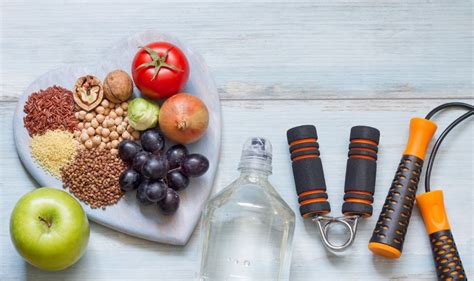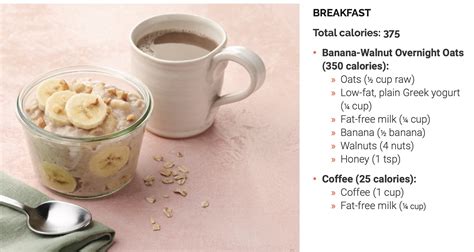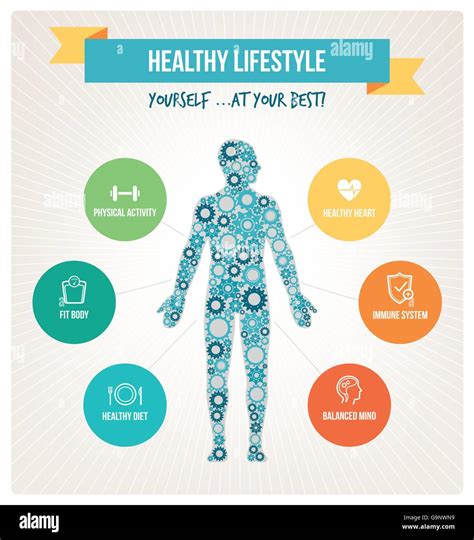Natural ways to boost testosterone for peak male vitality & drive?

Understanding Testosterone and Its Crucial Role
Testosterone is the primary male sex hormone, vital for more than just libido. It plays a pivotal role in maintaining muscle mass, bone density, red blood cell production, mood, cognitive function, and overall energy levels. As men age, testosterone levels naturally decline, but various lifestyle factors can also contribute to suboptimal levels, leading to symptoms like fatigue, decreased drive, weight gain, and reduced muscle strength. Fortunately, there are many natural, evidence-backed ways to support and optimize your testosterone production.

The Cornerstone: Optimize Your Diet and Nutrition
What you eat directly impacts your hormonal health. A diet rich in whole, unprocessed foods is crucial for testosterone production:
- Healthy Fats: Don’t shy away from healthy fats found in avocados, olive oil, nuts, seeds, and fatty fish. These are essential for hormone synthesis. Saturated and monounsaturated fats, in particular, have been linked to healthy testosterone levels.
- Zinc-Rich Foods: Zinc is a vital mineral for testosterone production. Incorporate oysters (the best source), red meat, poultry, beans, nuts, and dairy products into your diet.
- Vitamin D: Often called the ‘sunshine vitamin,’ Vitamin D acts like a steroid hormone in the body. Low levels are consistently linked to lower testosterone. Get regular sun exposure, and consume fatty fish, fortified dairy, or consider a supplement under medical guidance.
- Magnesium: Found in leafy green vegetables, nuts, seeds, and whole grains, magnesium can increase free and total testosterone levels, especially in active men.
- Limit Sugar and Processed Foods: Excessive sugar intake and highly processed foods can lead to insulin resistance and inflammation, both of which can negatively impact testosterone levels.

Move Your Body: Targeted Exercise Strategies
Exercise is a powerful natural testosterone booster, but not all workouts are created equal for this purpose:
- Strength Training: Lifting weights, particularly compound movements like squats, deadlifts, bench presses, and rows, has been shown to significantly boost testosterone. Aim for 3-4 sessions per week with adequate recovery.
- High-Intensity Interval Training (HIIT): Short bursts of intense exercise followed by brief recovery periods can also stimulate testosterone production. This can be incorporated into cardio or strength routines.
- Avoid Overtraining: While exercise is good, chronic endurance training (e.g., very long-distance running) without proper recovery can sometimes lead to decreased testosterone and increased cortisol (a stress hormone). Balance is key.

Rest and Recharge: Prioritize Sleep and Stress Management
Your lifestyle outside the gym and kitchen is just as important:
- Adequate Sleep: Sleep deprivation is a significant disruptor of hormone balance. Aim for 7-9 hours of quality sleep per night. Even one week of restricted sleep can drastically reduce testosterone levels in healthy young men. Establish a consistent sleep schedule and create a relaxing bedtime routine.
- Manage Stress: Chronic stress leads to elevated cortisol levels. Cortisol and testosterone have an inverse relationship; when one goes up, the other tends to go down. Incorporate stress-reducing activities like meditation, yoga, deep breathing exercises, spending time in nature, or engaging in hobbies you enjoy.
![[300+] Peaceful Wallpapers | Wallpapers.com](/images/aHR0cHM6Ly90czMubW0uYmluZy5uZXQvdGg/aWQ9T0lQLk5lT3BsRVBBNF9IVGhOTWhwX1RhU2dIYUVvJnBpZD0xNS4x.webp)
Holistic Lifestyle Adjustments for Lasting Vitality
Beyond diet, exercise, and sleep, several other factors contribute to optimal testosterone levels:
- Maintain a Healthy Weight: Excess body fat, particularly around the midsection, can convert testosterone into estrogen, further lowering male hormone levels. Losing weight, especially visceral fat, can significantly improve testosterone.
- Limit Alcohol Consumption: Excessive alcohol intake can interfere with the endocrine system and liver function, both of which are crucial for healthy testosterone levels.
- Reduce Exposure to Endocrine Disruptors: Certain chemicals found in plastics (BPA, phthalates), pesticides, and personal care products can mimic or block hormones, potentially affecting testosterone. Choose natural and organic products where possible.
- Consider Adaptogenic Herbs (with caution): Some herbs like Ashwagandha and Fenugreek have shown promise in supporting testosterone levels in studies. However, always consult a healthcare professional before starting any new supplement regimen.

Conclusion: A Holistic Path to Peak Vitality
Boosting testosterone naturally is not about a single magic pill but rather a comprehensive, consistent approach to health. By integrating a nutrient-dense diet, effective exercise, sufficient sleep, stress management, and smart lifestyle choices, you can optimize your body’s natural hormone production. This holistic strategy not only supports healthy testosterone levels but also paves the way for enhanced vitality, drive, and overall well-being, helping you feel your best at any age.









